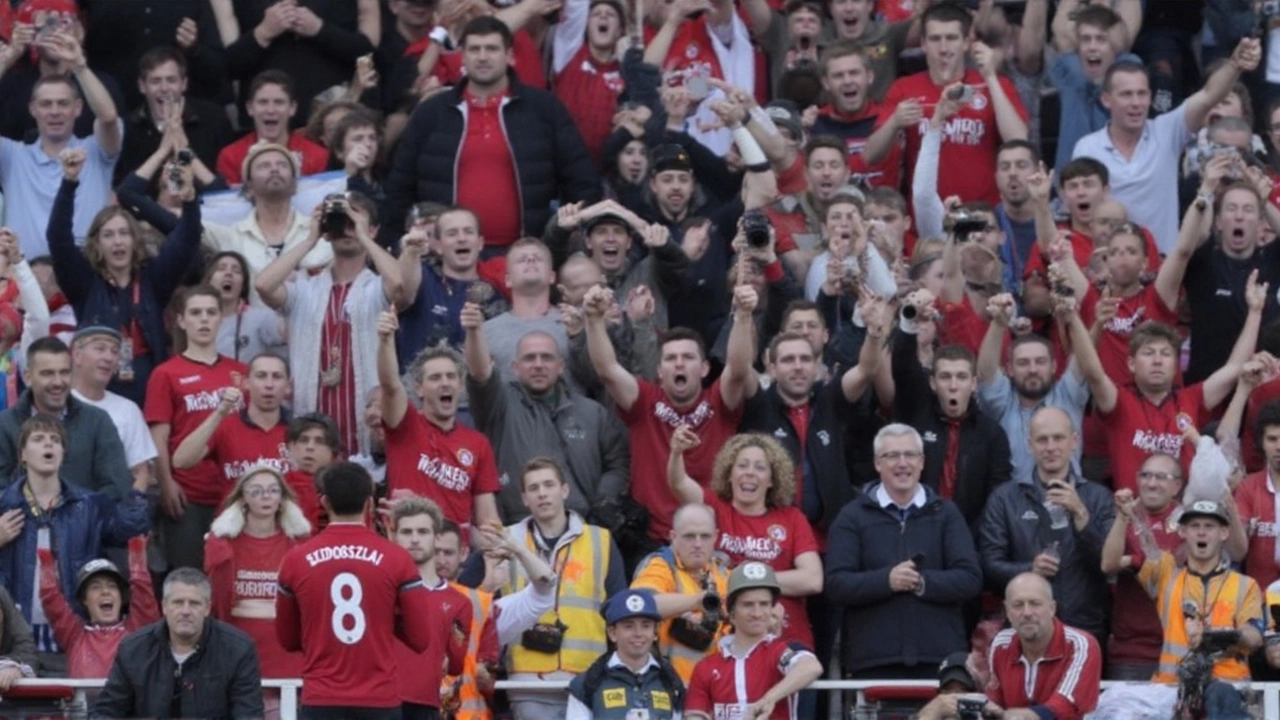The world’s biggest illegal sports streamer goes dark
The world’s most-watched illegal sports streaming site went offline on September 4, 2025. The target, Streameast, had become a go-to destination for free live feeds of Europe’s top soccer leagues, including the Premier League. The shutdown was the result of a coordinated operation between Egyptian authorities and the Alliance for Creativity and Entertainment (ACE), the global anti-piracy coalition backed by major media and sports rights owners.
ACE says it moved against a network of domains and services tied to Streameast, taking control of the infrastructure that funneled millions of viewers to live sports broadcasts without permission. The action is being framed as a permanent takedown, not a routine domain block. In practical terms, that means more than swapping a URL—the operation targeted the operators’ backend assets and control points, the pieces that made the site function across multiple web addresses.
Streameast built a massive audience by focusing on what people could not easily get: guaranteed access to live soccer matches without a paywall. On match days, the site surfaced dozens of links to simultaneous feeds, often in multiple languages and bitrates, with backup mirrors in case one stream fell. That redundancy kept viewers loyal and helped the brand outgrow rivals. For rights holders, it also turned into a high-profile symbol of the wider sports piracy problem.
The platform’s footprint stretched beyond a single domain. Like many large piracy operations, Streameast leaned on a rotating cast of mirror sites, proxy URLs, and content hosts to survive takedowns. It also relied on traffic shields, ad networks, and code obfuscation that made enforcement slower and more expensive. ACE’s announcement suggests this operation went after the core of that ecosystem rather than just the visible tip—an approach that tends to slow the inevitable reappearance of copycats.
Why Egypt? Not because soccer piracy is centered there, but because piracy enforcement follows infrastructure. Operators register companies, rent servers, move funds, and manage admin accounts in different jurisdictions. When investigators can map that web, they act where the law and cooperation allow. In this case, Egyptian authorities were the key partner with the access and legal tools to move first.
The takedown lands as sports streaming splinters across platforms and countries. Broadcasters and leagues are spending heavily on exclusive rights, often shifting matches behind separate subscriptions. That fragmentation fuels demand for free streams. Streameast capitalized on that frustration, offering one-stop live access while pushing advertising, pop-ups, and aggressive trackers to monetize the traffic.

What the takedown means for fans, leagues, and the web
For fans who relied on Streameast, the immediate impact is simple: broken bookmarks and missing match links. Expect the usual scramble. New domains will claim to be the “official” Streameast replacement. Some will be genuine spinoffs operated by the same circle; others will be opportunists using the name. This is the pattern after every major piracy takedown—temporary fragmentation, then consolidation as a few fast movers capture traffic.
Rights holders will see this as a strategic victory, not just a symbolic one. The Premier League, LaLiga, and other European competitions depend on media deals that fund clubs, academies, and production. Piracy undercuts those deals by siphoning off live audiences—the most valuable piece of the sports business. Enforcement actions like this don’t end piracy, but they do raise the cost and risk for operators and advertisers who bankroll it.
Will it stop illegal streams before next weekend’s matches? Probably not. But it can change the shape of the market. Big centralized hubs are easier for fans—and for investigators—to find. Knock out the biggest hub and you push users toward smaller, less stable sites, Telegram channels, or private IPTV lists. That churn hurts reliability and reduces casual viewing. It also helps courts justify more aggressive blocking or dynamic injunctions during live games, something leagues in Europe and beyond increasingly seek.
This is also a privacy and security story. Free sports streams often come with a hidden cost: sketchy ads, fake player prompts, and malicious downloads posing as codecs. Security researchers have repeatedly warned that illegal streaming portals route users through layers of ad-tech and trackers that harvest data or attempt drive-by installs. When a large hub disappears, the risk shifts to lesser-known clones where those hazards can be even worse.
On the enforcement side, ACE’s playbook blends legal pressure, domain actions, and partnerships with local authorities. The group has coordinated seizures of piracy IPTV services, cyberlockers, and large streaming portals in recent years. The Streameast operation fits that pattern: identify the operators, map the network, work with a jurisdiction ready to act, and pull multiple levers at once so the site cannot easily reconstitute.
For Egypt, the move underscores a bigger trend: cross-border cooperation is now routine. Piracy is global by default, and enforcement has to be as well. A takedown in Cairo can disrupt viewing habits in London, Lagos, or Los Angeles within minutes. That is why these actions increasingly involve multiple agencies and private-sector investigators working on timelines measured in live-match windows, not months.
What should viewers expect next? A few things typically happen after a marquee site falls:
- Lookalike domains surge. Some carry real streams; many are traps for ads and malware. Treat “new official” claims skeptically.
- Telegram, Discord, and Reddit fill the gap with curated link lists. These are harder to police but less stable during big matches.
- IPTV resellers pitch cheap season packages. These services often get blocked mid-season or disappear with little warning.
- Legitimate platforms push limited-time deals. Rights holders use windows like this to convert casual pirates into paying subscribers.
There is also the pricing question. Fans often turn to piracy because legal access is pricey or fragmented across services. Some leagues and broadcasters are experimenting with more flexible models—match passes, monthly team channels, or bundled sports tiers. If these options expand and the signup friction drops, enforcement actions like this one have a better shot at changing behavior for good.
From a technical angle, Streameast’s appeal was not cutting-edge video delivery. It was logistics and timing. The site aggregated streams quickly, balanced load across mirrors, and stayed live under pressure. That is why the takedown targeted control, not just content. Remove the switching layer—the people, servers, and scripts that keep links fresh—and the brand loses the reliability that made it famous.
For operators behind other piracy portals, the message is clear: size invites scrutiny, and cross-border actions can reach farther than they used to. For advertisers and intermediaries, the signal is sharper still. Tying revenue to high-profile piracy sites carries legal and reputational risk that is harder to explain away once a global coalition names and disables the operation.
For now, Streameast’s front doors are shut, and its central network disrupted. The broader fight will shift to the usual cat-and-mouse: new domains, fresh blocks, and quick legal motions timed to weekend fixtures. Fans will look for the path of least resistance. Rights holders will try to make the legal path simple enough—and the illegal one risky enough—that the calculus changes.
One thing is certain: live sports remain the internet’s toughest enforcement challenge. Streams are perishable, interest spikes in narrow windows, and the audience is global. That is why this takedown matters. It does not end piracy. It aims to make the biggest, easiest option harder, and to buy time for the legal market to catch up with how people actually watch the game.
